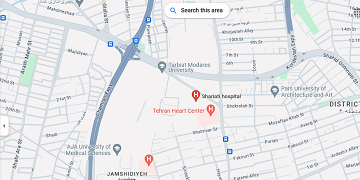Comparison of the antiangiogenic effect of thiabendazole compared to Avastin on an organoid model of oral squamous cell carcinoma
Necessity of Project Implementation
Oral squamous cell carcinoma (OSCC) is one of the most common types of oral cancer, associated with high mortality rates. Existing treatments, such as cisplatin, while effective, often cause significant side effects, highlighting the need for new therapies with fewer adverse effects. Thiabendazole, a drug with potential anti-cancer properties, may serve as a promising candidate for treating this cancer. Investigating its effects on morphology, proliferation, and apoptosis in organoid models can provide valuable insights for developing future therapies and minimizing side effects. Despite advancements in treatment, limitations such as chemotherapy resistance and drug-induced side effects underscore the urgent need for new, efficient therapeutic strategies. Organoid models, as advanced three-dimensional systems closely resembling actual tumors, are invaluable tools for studying disease mechanisms and evaluating drugs. Studies suggest that thiabendazole can inhibit signaling pathways related to angiogenesis and cell proliferation, thereby reducing cancer cell growth. However, there is insufficient information about the effects of thiabendazole on OSCC organoids. Exploring its anti-angiogenic effects on organoids could identify potential mechanisms of action and pave the way for novel combination therapies.
Principal Investigator: Dr. Amir Jalal Abbasi
Start Year: 2024




Send to friends